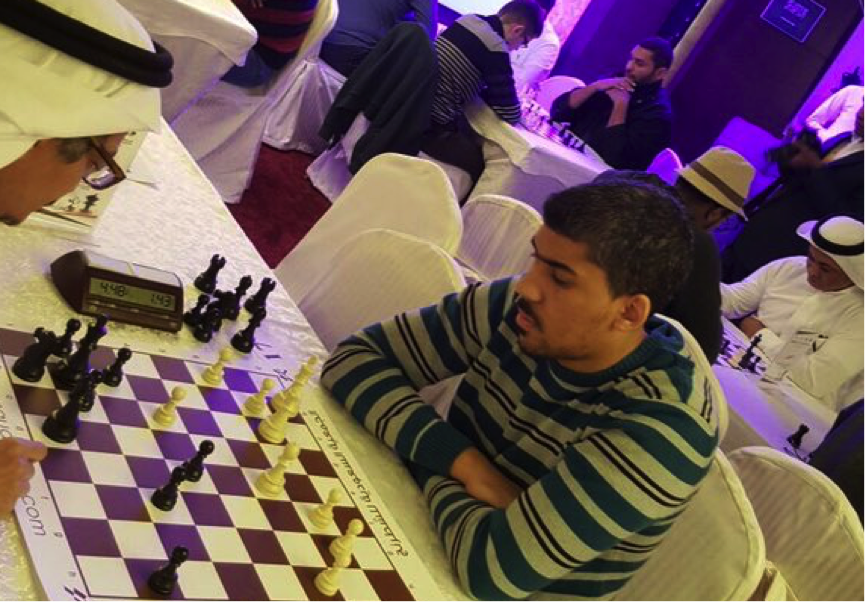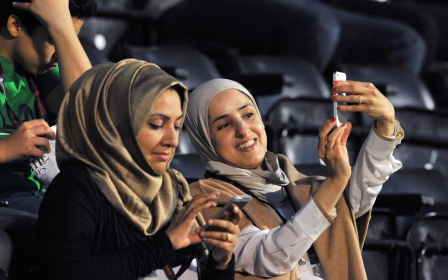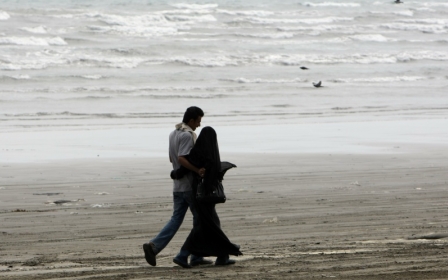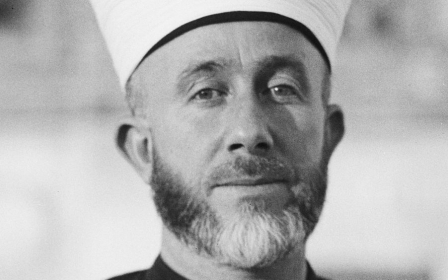Chess is 'haram and a waste of time,' says grand mufti of Saudi Arabia

The grand mufti of Saudi Arabia has declared chess “haram” in a video clip that circulated on social media on Thursday.
The ancient game, popular in the Gulf kingdom and thought to have originated in India in the sixth century, is a “waste of time,” according to Abdulaziz Bin Abdullah.
Abdullah is considered the most powerful Sunni religious figure in Saudi Arabia and was answering a viewer’s question during his weekly television show, With His Eminence the Mufti.
Though it was widely reported in the Arabic press on Thursday, the clip is thought to have been first broadcast in 2014.
“The game of chess is a waste of time and an opportunity to squander money. It causes enmity and hatred between people,” Abdullah is heard to say in the clip, comparing it to the pre-Islamic Arabian game of maisir – which is forbidden by the Quran - in which players shoot arrows to win pieces of camel meat.
Several press reports have incorrectly stated the fatwa as new and that chess was now banned in Saudi Arabia.
Though the grand mufti is an authoritative figure in Saudi Arabia, his pronouncements do not carry the force of law.
It is a common practice for Muslims to seek personal religious guidance from learned scholars, but their advice is not considered binding.
Musa Bin Thaily, president of the law committee at the Saudi Chess Association, confirmed on Twitter on Thursday that the fatwa had been issued, but said it had yet to have any legal effect.
Reports of the edict sparked controversy on social media on Thursday, with Twitter users expressing support for and opposition to the fatwa using the Arabic hashtag The Kingdom's Mufti Declares Chess Haram.
Thaily said he believed that Grand Mufti Abdullah, “being an old man in his 80s,” was unaware that players do not usually bet on the outcome of games.
Members of the Saudi Chess Association have been pictured shaking hands with high-ranking dignitaries from the UAE late last year.
Since sharing news of the fatwa on Twitter, Thaily has faced angry reactions both from supporters of the mufti’s view and from chess fans attacking the Saudi establishment’s approach to women’s rights.
Chess was banned in Iran between 1981 and 1988 and was also proscribed by the Taliban in Afghanistan.
Middle East Eye propose une couverture et une analyse indépendantes et incomparables du Moyen-Orient, de l’Afrique du Nord et d’autres régions du monde. Pour en savoir plus sur la reprise de ce contenu et les frais qui s’appliquent, veuillez remplir ce formulaire [en anglais]. Pour en savoir plus sur MEE, cliquez ici [en anglais].




